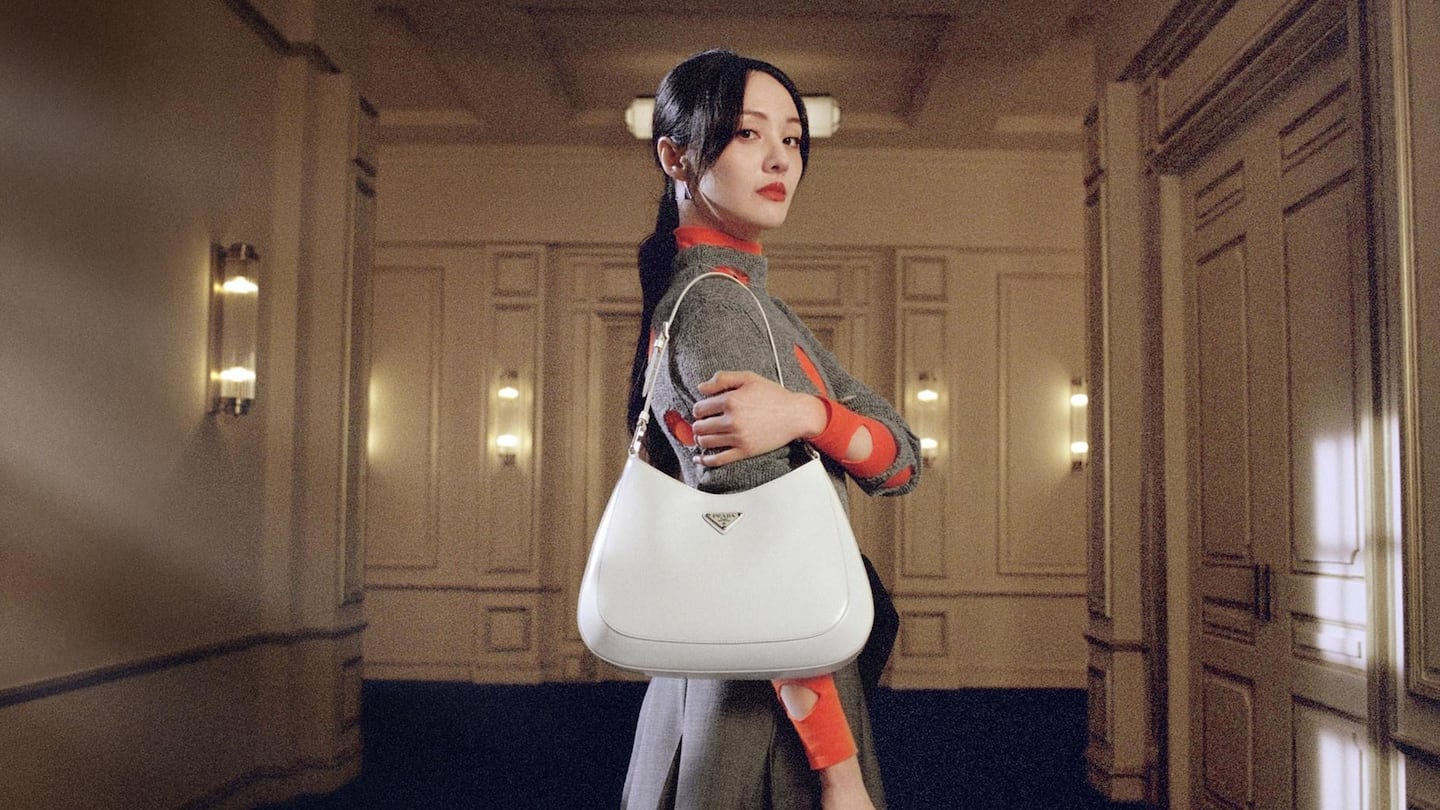
The Business of Fashion
Agenda-setting intelligence, analysis and advice for the global fashion community.

Agenda-setting intelligence, analysis and advice for the global fashion community.

Controversial Chinese actress Zheng Shuang’s terrible 2021 continues, with tax authorities revealing she has been hit with a 299 million yuan ($46.1 million) fine for failing to declare her true taxable income, according to reports on Chinese state television network CCTV.
Following a surrogacy scandal in January that saw her dropped as a brand ambassador for Prada, Chinese tax authorities in April opened an investigation into allegations Zheng had used “yin and yang” contracts (in which “official” and “unofficial” payments for entertainers are documented) to conceal her income. The practice of yin and yang contracts first came to widespread attention in 2018 when superstar Fan Bingbing was fined 883 million yuan ($129 million at the time the fine was levied) for failing to declare her income in full.
According to a spokesperson from the Shanghai Taxation Bureau quoted by local media, Zheng was paid 156 million yuan ($24 million) for her role in a 2019 television series, of which only 48 million yuan ($7.4 million) was officially declared. In total, Zheng was found to have failed to declare 191 million yuan ($29.45 million) from 2019 to 2020, evading taxes totalling 45.27 million yuan (almost $7 million), and underpaying other taxes to the value of 26.52 million yuan ($4 million).
News of Zheng’s fine comes hours after Chinese netizens began noticing the removal of several celebrities from local internet sites. The wildly popular costume drama Sword of Legends, which starred Zheng, now appears unavailable to view in China, and on Thursday evening, Fendi ambassador Zhao Wei’s name was also removed from the credits of works she has starred in on major video streaming sites, including Tencent Video, iQiyi and Youku. There is no official reason for Zhao’s apparent online ban, though speculation has run rampant on Weibo, pushing the topic “Zhao Wei Banned” to the top of that platform’s trending news list.
ADVERTISEMENT
Singer, Huo Zun, who has recently been publicly accused of playboy behaviour by his ex-girlfriend on social media, also appears to have had his works removed from streaming sites.
This latest round of removing references to celebrities online in China comes in the wake of Zhang Zhehan’s removal from social media and streaming sites in recent weeks. Zhang’s brand partners, including Lanvin, Pandora and Japanese jeweller, Tasaki, also distanced themselves from the young actor, who was on the receiving end of an official denouncement from the China Association of Performing Arts, following the publication of photos showing Zhang posing in front of the controversial Yasukuni Shrine in Tokyo.
Kris Wu has also seen his online presence in China deleted following police investigations into sexual misconduct that led to Louis Vuitton’s former ambassador being formally arrested in Beijing on August 16.
Celebrities in China are under more intense scrutiny than ever, and there is no sign of relief on the horizon. On August 19, the China Federation of Radio and Television Association called for the country’s radio, television and production industries to take a “zero tolerance” position against stars who “lack ethics”.
Learn more:
How to Avoid Brand Ambassador Controversy in China
Navigating China’s celebrity ecosystem has always been a high-risk, high-reward gamble for global luxury brands, but the stakes are even higher in this volatile, politically charged year.
With consumers tightening their belts in China, the battle between global fast fashion brands and local high street giants has intensified.
Investors are bracing for a steep slowdown in luxury sales when luxury companies report their first quarter results, reflecting lacklustre Chinese demand.
The French beauty giant’s two latest deals are part of a wider M&A push by global players to capture a larger slice of the China market, targeting buzzy high-end brands that offer products with distinctive Chinese elements.
Post-Covid spend by US tourists in Europe has surged past 2019 levels. Chinese travellers, by contrast, have largely favoured domestic and regional destinations like Hong Kong, Singapore and Japan.